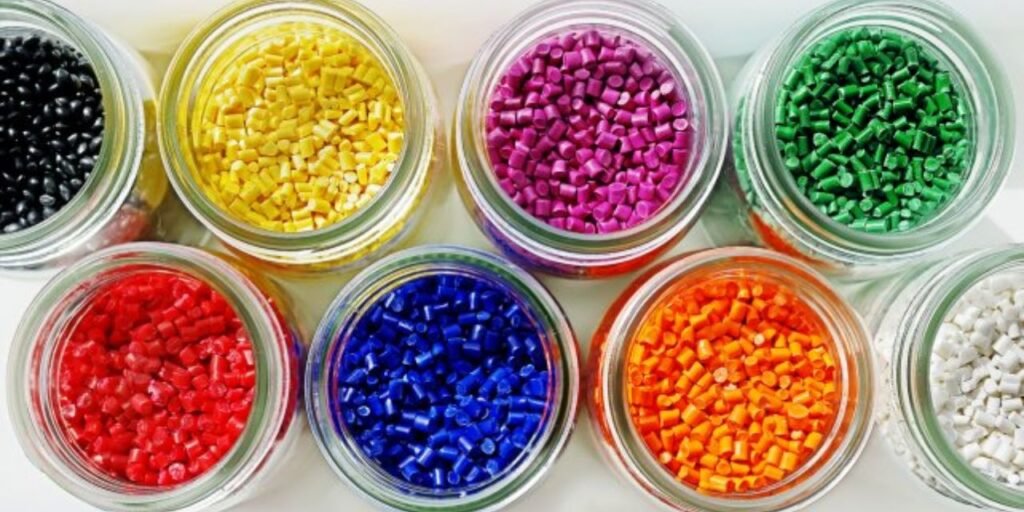
The four-year ReBioCycle initiative, which began in October and has €7.5 million in EU financing, comprises 20 firms who are trying to develop technical suitable for recycling bioplastics like PLA and PHA.
In the Netherlands, Italy, Spain, and partially Ireland, hubs will be set up for various technologies and technological readiness levels (TRLs), with an emphasis on all facets of mechanical, chemical, enzymatic, and microbiological recycling alternatives.
Under the direction of the University College Dublin and BiOrbic Bioeconomy SFI Research Centre, European Bioplastics and its members, including Aimplas, Corbion, Kaneka, Novamont, Sulapac, and TotalEnergies, are among the partners seeking to create a new European blueprint for circular bioplastics upcycling solutions.
The project’s goal is to show how getting recycled polymers of the same or higher quality may have a greater impact on higher-value applications.
According to Jan Pels, CTO and MD of Torwash, the head of the Dutch hub, “with this project we are going to make them widely available.” The recycling methods now available for recovering biodegradable plastics are restricted. “Therefore, no one can argue that the inability to recycle biodegradable plastics prevents their adoption.”
According to Professor Kevin O’Connor, the project coordinator, “biobased biodegradable plastics can be kept in the material cycle for as long as possible through innovative recycling technologies thus demonstrating that end-of-life biobased biodegradable plastics can be used in the circular bioeconomy.”
European Bioplastics is adamant that, in order to protect the resilience of European companies, an executable EU Bioeconomy Strategy need to be a primary priority.
Its MD, Hasso von Pogrell, states that “this is only possible with a strong collaboration between all stakeholders, more policy support, and technological advancement.” “This project will significantly advance the recycling of bioplastics and is an excellent example of collaboration.”
